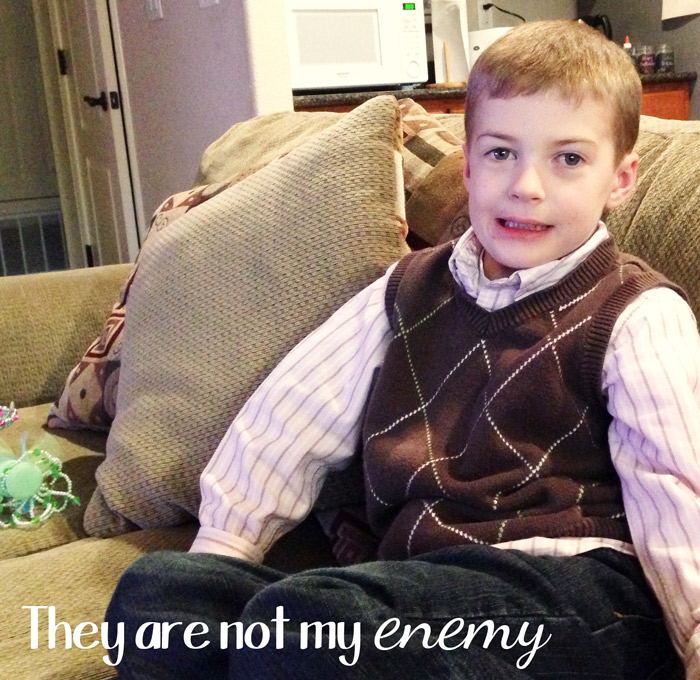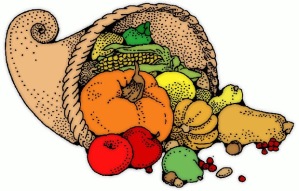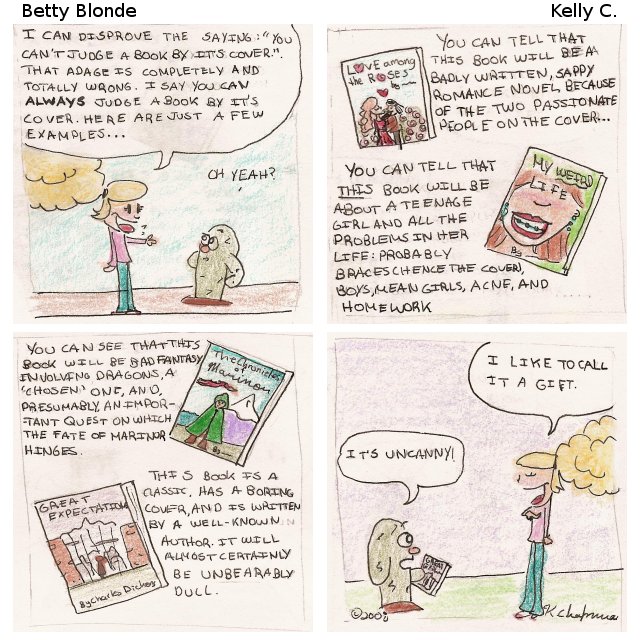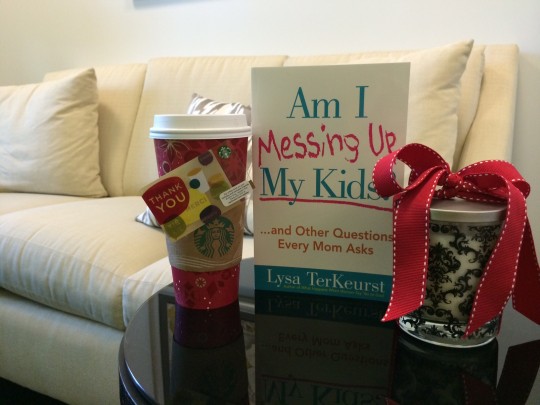 I think at Christmas time it’s appropriate to ask who Jesus is since the day set aside to commemorate His birth has become such a big deal.
I think at Christmas time it’s appropriate to ask who Jesus is since the day set aside to commemorate His birth has become such a big deal.
Some undoubtedly don’t think past the manger scene. To them Jesus was, is, and always will be that infant wrapped up and lying amid a bunch of animals. The thing is, the baby didn’t stay in the manger any more than the man stayed on the cross or the resurrected Christ stayed in the tomb.
Others have re-imaged Jesus to be a good teacher. Sort of a Hebrew Gandhi, I think, one of the gurus who gave us quotables and an example to follow. This view is similar to the one held by a certain rich member of the Jewish ruling class who sought Jesus out.
In his exchange with Jesus, the young guy addressed Him as “good teacher.” In Jesus’s response, He separated Himself from all other teachers or examples. It defines who He is: “Why do you call Me good? No one is good except God alone.”
The young ruler immediately dropped the “good.”
Quite apparently he did not think Jesus was God. Otherwise he might have answered something like, “I understand completely that no one is good except God alone. Good teacher, what must I do to be saved?”
Instead he said, “Teacher, I have kept all these things [the Law] from my youth up.” In other words, he did not acknowledge Jesus as God. In addition, he did not acknowledge his need. I’m not sure what he expected … an “atta boy,” maybe, a “keep on keeping on.” I don’t know.
In so many ways that Jewish law-keeper is like people today who identify with Jesus but who don’t realize He is God. Some have “re-imaged” him, describing all the things he did and said that fit in with 21st century sensibilities of love and brotherhood and tolerance.
What they do not look at or acknowledge are the “God things” Jesus did and said. And here I’m not referring to the many kind and seemingly miraculous interventions Christians experience today. (A good number of people have come to call such occurrences, “God things.”)
I’m actually thinking of something quite different. I’m thinking of the things Jesus said that ticked off the Jewish establishment. The things He did that made them ask, Who does he think he is?
Things like healing a man with a withered hand on the Sabbath, or telling the paralytic his sins were forgiven, then to pick up his bed and walk–also on the Sabbath. Or how about the time when His disciples picked grain on the Sabbath because they were hungry. When the Pharisees confronted Jesus, He gave them a Bible lesson, ending with this:
“Or have you not read in the Law, that on the Sabbath the priests in the temple break the Sabbath and are innocent? But I say to you that something greater than the temple is here. But if you had known what this means, ‘I desire compassion, and not a sacrifice,’ you would not have condemned the innocent. For the Son of Man is Lord of the Sabbath.”
- Matt 12:5-8 (emphasis is mine)
The big one that got the Jews worked up, of course, was His God claims. John records one of these:
“I and the Father are one.” The Jews picked up stones again to stone Him. Jesus answered them, “I showed you many good works from the Father; for which of them are you stoning Me?” The Jews answered Him, “For a good work we do not stone You, but for blasphemy; and because You, being a man, make Yourself out to be God.”
- John 10:30-33
Then, too, they didn’t like it much when He told them that they were of their father the devil. In that conversation, Jesus ended with another statement identifying Himself as God, and sure enough, they tried to kill Him on the spot.
Jesus said to them, “Truly, truly, I say to you, before Abraham was born, I am.” Therefore they picked up stones to throw at Him, but Jesus hid Himself and went out of the temple.
- John 8:58-59
I don’t know how people today who imagine this metro-sexual Jesus with the cool sandals and trendy long hair have missed the controversy the real Jesus brought. To His family. To the Jewish people. To the world.
He said there will be a day of sorting–sheep on one side, goats on the other. He said there is a narrow road leading to life and a wide road heading to destruction. He said guests at the bridegroom’s feast will be turned away if they’re not wearing the proper wedding garments.
And in the end, He said, “I am the way, and the truth, and the life; no one comes to the Father but through Me.” That’s who Jesus is.
A version of this article originally appeared here at A Christian Worldview of Fiction December 22, 2010.
Filed under: Christmas, God, Jesus Tagged: Christmas, God, Jesus











 When I was in school, our teacher would inevitable give us an assignment as Thanksgiving approached that required us to write down all the things for which we were thankful. From what I remember, I put the big things on my list: my parents, God, my home, my brother and sister, our cats and dog, my friends, school and teachers (OK, maybe I didn’t put those on the list.
When I was in school, our teacher would inevitable give us an assignment as Thanksgiving approached that required us to write down all the things for which we were thankful. From what I remember, I put the big things on my list: my parents, God, my home, my brother and sister, our cats and dog, my friends, school and teachers (OK, maybe I didn’t put those on the list. 

 “Can you help me?”
“Can you help me?”



